In today’s globalized economy, businesses and individuals alike are increasingly turning to door-to-door shipping as a streamlined solution for transporting goods internationally. This logistics service simplifies the shipping process by handling every aspect, from the pickup at the sender’s location to the final delivery at the recipient’s doorstep. By integrating various transportation methods—such as air, sea, and land freight—door-to-door shipping alleviates the challenges of customs clearance, documentation, and logistical coordination.
Whether you’re an importer looking to source products from China or a consumer purchasing items from overseas, understanding the key components of this service is essential. With features like real-time tracking, customs clearance management, and guaranteed delivery, door-to-door shipping caters to diverse shipping needs while ensuring a hassle-free experience.
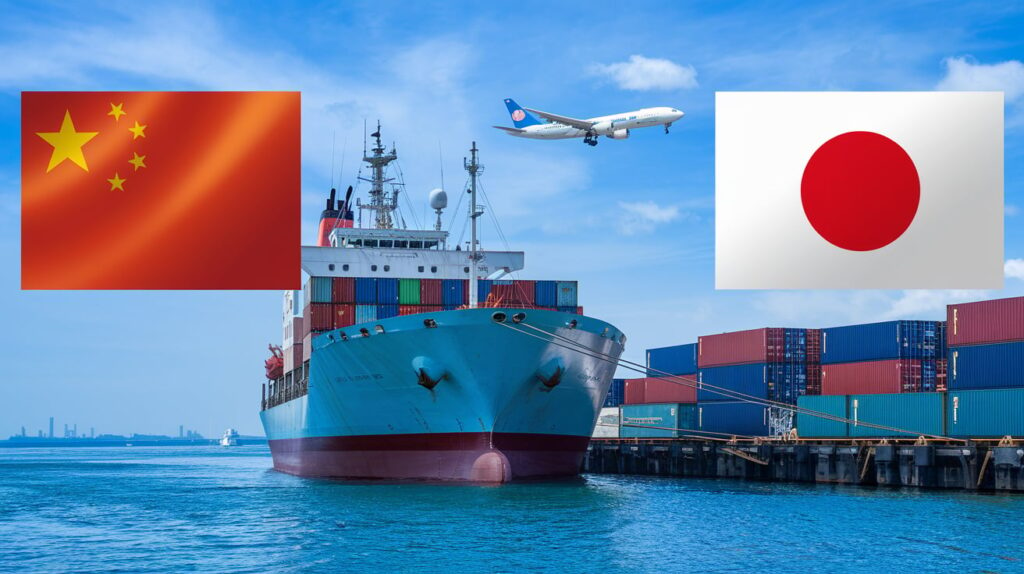
Introduction to Door-to-Door Shipping
Door-to-door shipping refers to a logistics service where goods are transported directly from the sender’s location to the recipient’s address without the need for the sender or recipient to manage any shipping logistics. This comprehensive shipping solution integrates multiple transportation methods, such as air, sea, and land freight, facilitating a seamless transition of goods from origin to destination. Customers benefit from a simplified process that alleviates concerns about customs clearance, documentation, and other logistical hurdles.
Key Components of Door-to-Door Shipping
The essence of door-to-door shipping lies in its systematic approach, characterized by several key components:
-
Pickup Service: The freight forwarder organizes the pickup of goods from the seller’s location, ensuring that the items are securely packed and ready for transportation.
-
Transportation Management: Involves the strategic planning and execution of transit routes, whether by air, sea, or land, ensuring timely delivery.
-
Customs Clearance: Professional customs brokerage services handle all necessary paperwork and compliance with regulations, minimizing delays at international borders.
-
Final Delivery: Goods are delivered directly to the recipient’s address, completing the shipping cycle in a manner that is both efficient and convenient.
-
Real-time Tracking: Advanced tracking systems provide customers with updates on their shipment’s status throughout the journey.
DDU vs DDP in Door-to-Door Shipping
When considering door-to-door shipping, understanding the difference between DDU (Delivered Duty Unpaid) and DDP (Delivered Duty Paid) is essential:
| Aspect | DDU (Delivered Duty Unpaid) | DDP (Delivered Duty Paid) |
|---|---|---|
| Responsibility for Duties | Exporter bears the responsibility for shipping costs only. | Importer is responsible for all duties and import taxes. |
| Customs Clearance | Importer handles customs clearance and payment of duties. | Exporter manages customs clearance and pays duties upfront. |
| Risk | Higher risk for the importer regarding unexpected costs. | Reduced risk for the importer with fixed costs known upfront. |
| Complexity | More complex, requiring the importer to manage logistics. | Simplified process, making it easier for the customer. |
Choosing between DDU and DDP largely depends on the importer’s preferences for managing customs clearance and associated costs.
Benefits of Door-to-Door Shipping from China to Japan
Hassle-free Shipping Process
One of the most significant advantages of door-to-door shipping from China to Japan is the hassle-free shipping process. Importers can streamline their logistics by outsourcing the entire shipping process to a professional freight forwarder like Dantful International Logistics. This not only saves time but also mitigates the stress associated with shipping logistics.
Guaranteed Delivery to Your Doorstep
With door-to-door services, you can expect guaranteed delivery to your doorstep. This level of service is particularly beneficial for businesses that require reliable shipping for their products, as well as for individuals sending personal goods. It ensures that shipments arrive at the specified address without the need for additional handling by the recipient.
Tracking and Insurance Options Available
Companies such as Dantful Logistics offer comprehensive tracking and insurance options that enhance the shipping experience. Customers can monitor their shipments in real-time, providing peace of mind and timely updates. Furthermore, opting for insurance services ensures that shipments are protected against loss or damage, offering financial security during transit. For more information about available insurance options, visit Insurance Services.
Suitable for Both Individuals and Businesses
Door-to-door shipping is suitable for a wide range of customers, including both individuals and businesses. Whether you are a small business looking to import goods for resale, or an individual purchasing products from overseas, this shipping method caters to diverse needs. Its versatility makes it a preferred choice for various shipping requirements, facilitating global trade with ease.
By considering the services offered by Dantful, you can take advantage of a highly professional, cost-effective, and high-quality logistics service that meets all your shipping needs.
You may be interested in the following related articles:
- Shipping From China To Vietnam
- Shipping From China To Thailand
- Shipping From China To South Korea
- Shipping From China To Philipines
- Shipping From China To Pakistan
- Shipping From China To Japan
- Shipping From China To Indonesia
- Shipping From China To Singapore
- Shipping From China To Malaysia
Shipping Methods
Air Freight Door-to-Door Shipping
Air freight door-to-door shipping is characterized by its speed and efficiency, making it an ideal choice for time-sensitive shipments. When opting for air freight, goods are transported from the supplier’s location in China directly to the recipient’s address in Japan. This method is particularly beneficial for high-value or perishable items, where timely delivery is critical.
Key aspects of air freight include:
- Fast Transit Times: Air freight typically offers delivery within a few days, significantly faster than sea freight.
- Real-time Tracking: Advanced tracking systems allow you to monitor your shipment’s status throughout its journey.
- Customs Clearance Management: A professional freight forwarder like Dantful manages all aspects of customs clearance, ensuring compliance with regulations and minimizing delays.
For urgent shipments, air freight door-to-door is often the preferred solution.
Sea Freight Door-to-Door Shipping
Sea freight door-to-door shipping is an economical option for transporting larger quantities of goods. It can be categorized into two main types: LCL (Less than Container Load) and FCL (Full Container Load).
LCL Door to Door
LCL shipping is ideal for importers who do not have enough cargo to fill an entire container. In this method, multiple shippers’ goods are consolidated into one container, allowing customers to share shipping costs. Benefits of LCL door-to-door shipping include:
- Cost-Effectiveness: Lower shipping costs for smaller shipments.
- Flexibility: Suitable for varying shipment sizes.
- Accessibility: Allows businesses to import goods without the need for large inventory space.
FCL Door to Door
FCL shipping is utilized when a shipper needs an entire container for their goods. This method is more efficient for larger shipments, offering several advantages, including:
- Faster Transit Times: Since the container is dedicated to one shipper, it often experiences fewer delays.
- Security: Reduced risk of damage or loss, as the container is sealed and only opened at the destination.
- Simplified Customs Clearance: A single shipment streamlines the documentation process.
Both LCL and FCL door-to-door options provide businesses with flexible solutions to meet their shipping needs.
Express Door-to-Door Shipping
Express door-to-door shipping offers the fastest delivery times, generally within 1-3 business days. This method is particularly beneficial for e-commerce businesses and individuals needing urgent delivery of goods. Key features of express shipping include:
- Rapid Delivery: Ideal for urgent shipments that require immediate attention.
- Comprehensive Tracking: Enhanced visibility throughout the shipping process.
- Customs Clearance Expertise: Specialized services ensure that all paperwork is handled efficiently, reducing potential delays.
For quick turnaround times, express door-to-door shipping is the optimal choice.
Steps in the Door-to-Door Shipping Process
Pickup from the Supplier in China
The door-to-door shipping process begins with the pickup from the supplier. A freight forwarder coordinates the collection of goods from the manufacturer or supplier’s premises. This step includes:
- Verification of Goods: Ensuring that the products are ready for shipment and meet all quality requirements.
- Packing and Labeling: Proper packing is essential to protect goods during transit, along with labeling for identification.
Export Customs Clearance in China
Once the goods are picked up, the next step is export customs clearance. This involves:
- Documentation Preparation: Preparation of necessary export documents, such as the commercial invoice and packing list.
- Customs Declaration: Submitting declarations to Chinese customs authorities to ensure compliance with export regulations.
A professional freight forwarder manages this process to minimize delays and ensure smooth clearance.
International Transportation (Air or Sea)
Following customs clearance, the shipment is transported internationally via air or sea. This phase includes:
- Mode Selection: Choosing between air freight or sea freight based on urgency and cost considerations.
- Transit Management: Coordination of logistics to ensure timely departure and arrival at the destination port or airport.
Import Customs Clearance in Japan
Upon arrival in Japan, the shipment undergoes import customs clearance. This critical step involves:
- Submission of Import Documents: Presenting necessary documents to Japanese customs, including the bill of lading and import declaration.
- Payment of Duties and Taxes: Importers must pay applicable duties and taxes for the goods being imported.
Freight forwarders ensure compliance with Japanese regulations, expediting the customs process.
Last-Mile Delivery to the Final Destination
The final step in the door-to-door shipping process is last-mile delivery. This stage includes:
- Transportation to Address: Arranging for the goods to be transported directly from the customs facility to the recipient’s location.
- Delivery Confirmation: Ensuring that the recipient receives the goods in good condition and obtaining confirmation of delivery.
With services from Dantful International Logistics, you can trust that each step of the door-to-door shipping process is handled with professionalism and expertise, making your international logistics experience seamless and efficient.
Cost Factors in Door-to-Door Shipping
Breakdown of Typical Costs Involved
Understanding the costs associated with door-to-door shipping is essential for budgeting and decision-making. The following are some of the typical costs involved:
| Cost Element | Description |
|---|---|
| Pickup Fee | Charges for collecting goods from the supplier’s location. |
| Transportation Costs | Expenses related to air freight, sea freight, or land transportation. |
| Customs Duties and Taxes | Applicable import and export duties, VAT, or GST imposed by the respective governments. |
| Insurance Costs | Optional but recommended insurance coverage to protect against loss or damage during transit. |
| Handling Fees | Charges associated with loading and unloading the shipment at various points. |
| Delivery Fees | Costs for the final delivery to the recipient’s address. |
| Documentation Fees | Charges for preparing and processing necessary shipping documents. |
Factors Affecting Pricing
Several factors can influence the pricing of door-to-door shipping:
-
Shipping Method: The choice between air freight, sea freight, or express services can significantly impact costs. Air freight is typically more expensive than sea freight due to faster transit times.
-
Weight and Volume: The total weight and volume of the shipment will affect pricing, as most freight forwarders calculate costs based on dimensional weight or actual weight.
-
Distance: Longer distances generally incur higher transportation costs. Shipping routes with fewer available options may also be more expensive.
-
Seasonal Demand: During peak shipping seasons (e.g., holidays), prices can rise due to increased demand for shipping services.
-
Service Level: Additional services like tracking, insurance, and customs clearance can add to the overall cost.
Tips for Cost Optimization
To make the most of your budget, consider the following tips for optimizing costs in door-to-door shipping:
-
Consolidate Shipments: Combining smaller shipments into a single larger shipment can reduce overall costs, especially when using LCL (Less than Container Load) services.
-
Negotiate Rates: Building a relationship with your freight forwarder may allow you to negotiate better rates based on volume or frequency.
-
Plan Ahead: Scheduling shipments in advance can help you avoid rush fees and take advantage of lower rates.
-
Choose the Right Shipping Method: Assess the urgency of your shipment to select a cost-effective shipping method that meets your delivery timeline. For non-urgent shipments, consider sea freight over air freight.
These strategies can enhance your overall shipping experience while controlling costs effectively.
Transit Times in Door-to-Door Shipping
Estimated Durations for Different Shipping Methods
Transit times can vary widely depending on the shipping method chosen. The following table provides estimated durations for various shipping options:
| Shipping Method | Estimated Transit Time to Japan | Ideal Use Case |
|---|---|---|
| Air Freight | 1-5 days | Urgent shipments or high-value goods |
| Sea Freight (FCL) | 10-20 days | Large volumes, less time-sensitive |
| Sea Freight (LCL) | 15-30 days | Smaller shipments where FCL is not viable |
| Express Shipping | 1-3 days | Time-sensitive, urgent deliveries |
Factors That Can Affect Delivery Times
Several variables can influence the delivery times of shipments:
-
Customs Clearance: Delays in customs processing can extend transit times, especially if there are issues with documentation or compliance.
-
Weather Conditions: Severe weather conditions can impact transportation schedules, particularly for air freight.
-
Operational Delays: Factors such as port congestion or equipment availability can lead to unexpected delays.
-
Shipping Distance: The geographical distance between China and Japan will inherently impact how quickly goods can be delivered.
-
Peak Seasons: Shipping during peak demand periods may result in longer transit times due to high volume.
Understanding these factors allows importers to set realistic expectations for shipping timelines.
Choosing the Right Freight Forwarder
Look for a Reliable and Experienced Company
Selecting a trustworthy freight forwarder is crucial for a successful door-to-door shipping experience. Look for a company with a proven track record, positive customer reviews, and industry certifications. An experienced freight forwarder will have the necessary expertise to navigate complex logistics and customs regulations.
Compare Shipping Rates and Transit Times
When choosing a freight forwarder, it is essential to compare shipping rates and transit times from several providers. This comparison allows you to identify cost-effective options that meet your delivery needs. Ensure that the quotes you receive cover all relevant costs, including customs clearance and handling fees.
Ensure the Forwarder Offers Door-to-Door Service
Confirm that the selected freight forwarder provides comprehensive door-to-door shipping services. This offering should include pickup from the supplier, export customs clearance, international transportation, import customs clearance, and last-mile delivery. Companies like Dantful International Logistics specialize in door-to-door services, ensuring a streamlined shipping experience.
Check for Additional Services Like Customs Clearance
Inquire about any additional services provided by the freight forwarder. These may include customs clearance services, insurance options, and specialized handling for specific types of cargo (e.g., hazardous materials or temperature-sensitive goods). A freight forwarder that offers a wide range of services can simplify the logistics process, providing added value and convenience.
By carefully evaluating potential freight forwarders based on these criteria, you can select a partner that aligns with your shipping requirements and enhances your international logistics operations.
Dantful International Logistics Services:
- Dantful Ocean Freight Services
- Air Freight From China
- Amazon FBA Freight Forwarding
- WAREHOUSE Services
- One-Stop Customs Clearance Solution
- Cargo Insurance Services in China
- DDP Shipping Services By Dantful Logistics
- Out of Gauge Cargo Transportation Shipping Services
FAQs
1. What is door-to-door shipping?
Door-to-door shipping is a logistics service where goods are transported directly from the sender’s location to the recipient’s address. It involves a comprehensive approach that includes pickup, transportation, customs clearance, and final delivery.
2. How does DDU differ from DDP in door-to-door shipping?
- DDU (Delivered Duty Unpaid): The exporter is only responsible for shipping costs, while the importer handles customs clearance and payment of duties, which can lead to unexpected costs.
- DDP (Delivered Duty Paid): The exporter manages customs clearance and pays all duties upfront, providing a simplified process with reduced risks for the importer.
3. What are the benefits of door-to-door shipping from China to Japan?
Some key benefits include:
- Hassle-free shipping process: Outsourcing logistics to a freight forwarder simplifies the process.
- Guaranteed delivery: Shipments are delivered directly to the recipient’s address.
- Tracking and insurance options: Customers can monitor their shipments in real-time and opt for insurance for added protection.
- Versatile for all customers: Suitable for both individuals and businesses.
4. What shipping methods are available for door-to-door shipping?
The main shipping methods include:
- Air Freight: Fast and efficient for time-sensitive shipments.
- Sea Freight: Economical for larger shipments, available as LCL (Less than Container Load) or FCL (Full Container Load).
- Express Shipping: Offers the fastest delivery times, ideal for urgent shipments.
5. What steps are involved in the door-to-door shipping process?
The process generally involves:
- Pickup from the supplier in China.
- Export customs clearance in China.
- International transportation via air or sea.
- Import customs clearance in Japan.
- Last-mile delivery to the final destination.
6. What costs are associated with door-to-door shipping?
Typical costs include:
- Pickup fees
- Transportation costs
- Customs duties and taxes
- Insurance costs
- Handling and delivery fees
- Documentation fees
7. How can I optimize costs in door-to-door shipping?
To optimize costs:
- Consolidate shipments to reduce costs.
- Negotiate rates with your freight forwarder.
- Plan shipments in advance to avoid rush fees.
- Choose the right shipping method based on urgency and budget.
8. What factors affect transit times in door-to-door shipping?
Factors influencing delivery times include:
- Customs clearance processes.
- Weather conditions affecting transportation.
- Operational delays such as port congestion.
- Shipping distance between countries.
- Peak shipping seasons which may increase demand.
9. How do I choose the right freight forwarder?
When selecting a freight forwarder, consider:
- Their reliability and experience in the industry.
- Comparing shipping rates and transit times from multiple providers.
- Ensuring they provide comprehensive door-to-door services.
- Checking for additional services such as customs clearance and insurance options.

Young Chiu is a seasoned logistics expert with over 15 years of experience in international freight forwarding and supply chain management. As CEO of Dantful International Logistics, Young is dedicated to providing valuable insights and practical advice to businesses navigating the complexities of global shipping.
The other language versions of this article
- الدليل الشامل للشحن من الباب إلى الباب من الصين إلى اليابان
- De ultieme gids voor deur-tot-deur verzending van China naar Japan
- Le guide ultime de l’expédition porte à porte de la Chine vers le Japon
- Der ultimative Leitfaden für Tür-zu-Tür-Versand von China nach Japan
- La guida definitiva alla spedizione porta a porta dalla Cina al Giappone
- La guía definitiva para envíos puerta a puerta desde China a Japón
- O guia definitivo para envio porta a porta da China para o Japão
- Полное руководство по доставке «от двери до двери» из Китая в Японию
- Çin’den Japonya’ya Kapıdan Kapıya Nakliye İçin Nihai Kılavuz




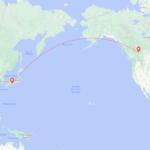
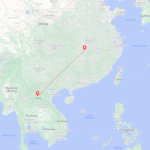
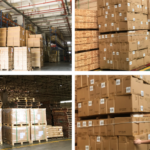
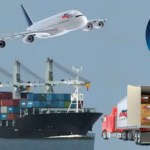




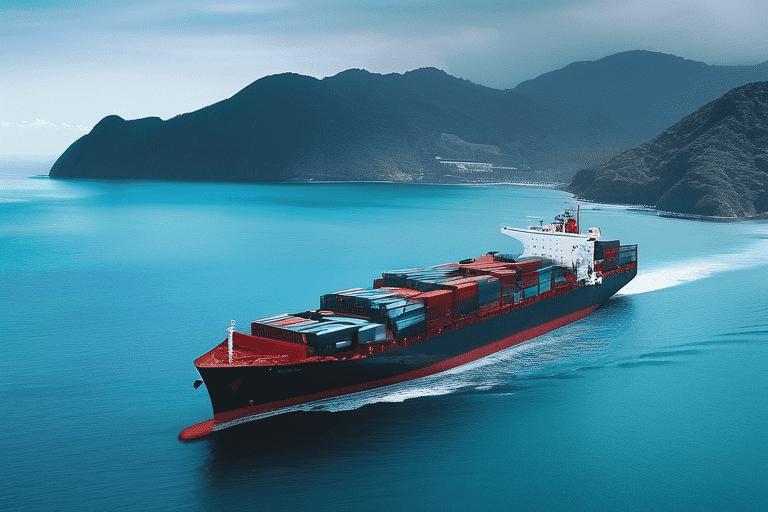
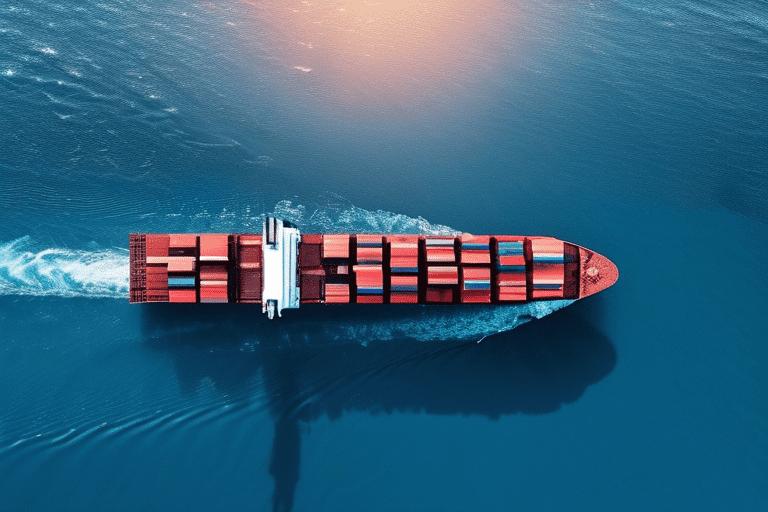
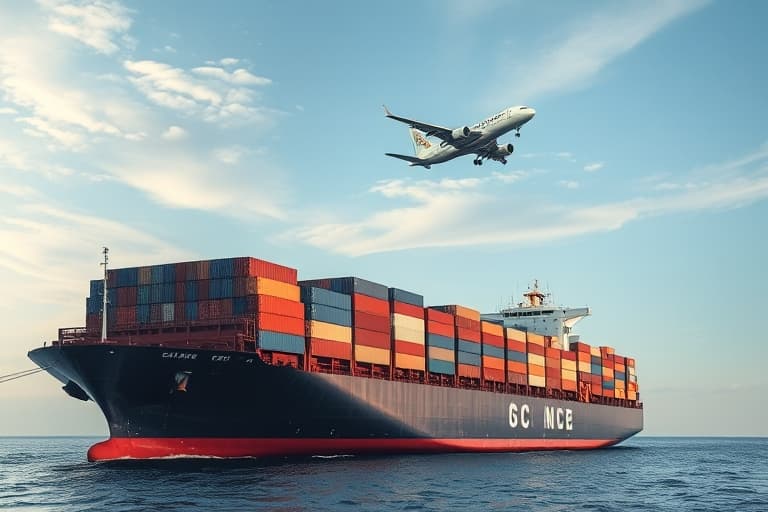
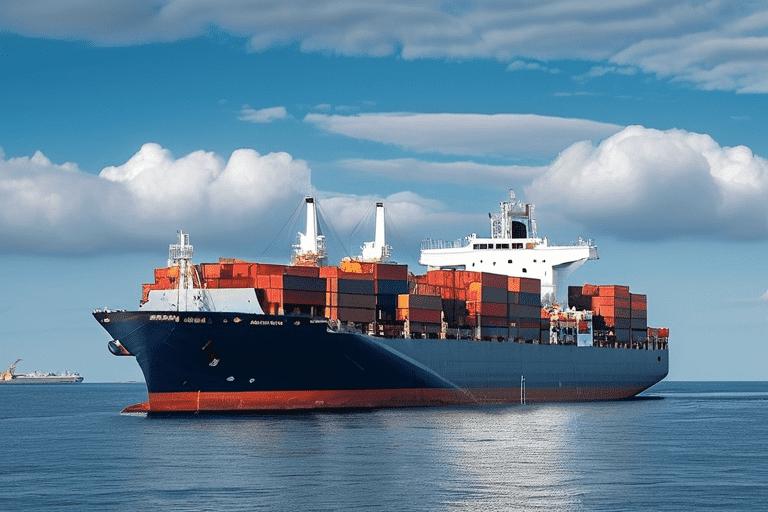





 Afrikaans
Afrikaans Shqip
Shqip አማርኛ
አማርኛ العربية
العربية Հայերեն
Հայերեն Azərbaycan dili
Azərbaycan dili Euskara
Euskara Беларуская мова
Беларуская мова বাংলা
বাংলা Bosanski
Bosanski Български
Български Català
Català Cebuano
Cebuano Chichewa
Chichewa 简体中文
简体中文 繁體中文
繁體中文 Corsu
Corsu Hrvatski
Hrvatski Čeština
Čeština Dansk
Dansk Nederlands
Nederlands English
English Esperanto
Esperanto Eesti
Eesti Filipino
Filipino Suomi
Suomi Français
Français Galego
Galego ქართული
ქართული Deutsch
Deutsch Ελληνικά
Ελληνικά Kreyol ayisyen
Kreyol ayisyen Harshen Hausa
Harshen Hausa Ōlelo Hawaiʻi
Ōlelo Hawaiʻi עִבְרִית
עִבְרִית हिन्दी
हिन्दी Hmong
Hmong Magyar
Magyar Íslenska
Íslenska Igbo
Igbo Bahasa Indonesia
Bahasa Indonesia Gaeilge
Gaeilge Italiano
Italiano 日本語
日本語 Basa Jawa
Basa Jawa ಕನ್ನಡ
ಕನ್ನಡ Қазақ тілі
Қазақ тілі ភាសាខ្មែរ
ភាសាខ្មែរ 한국어
한국어 كوردی
كوردی Кыргызча
Кыргызча ພາສາລາວ
ພາສາລາວ Latin
Latin Latviešu valoda
Latviešu valoda Lietuvių kalba
Lietuvių kalba Lëtzebuergesch
Lëtzebuergesch Македонски јазик
Македонски јазик Malagasy
Malagasy Bahasa Melayu
Bahasa Melayu മലയാളം
മലയാളം Maltese
Maltese Te Reo Māori
Te Reo Māori मराठी
मराठी Монгол
Монгол ဗမာစာ
ဗမာစာ नेपाली
नेपाली Norsk bokmål
Norsk bokmål پښتو
پښتو فارسی
فارسی Polski
Polski Português
Português ਪੰਜਾਬੀ
ਪੰਜਾਬੀ Română
Română Русский
Русский Samoan
Samoan Gàidhlig
Gàidhlig Српски језик
Српски језик Sesotho
Sesotho Shona
Shona سنڌي
سنڌي සිංහල
සිංහල Slovenčina
Slovenčina Slovenščina
Slovenščina Afsoomaali
Afsoomaali Español
Español Basa Sunda
Basa Sunda Kiswahili
Kiswahili Svenska
Svenska Тоҷикӣ
Тоҷикӣ தமிழ்
தமிழ் తెలుగు
తెలుగు ไทย
ไทย Türkçe
Türkçe Українська
Українська اردو
اردو O‘zbekcha
O‘zbekcha Tiếng Việt
Tiếng Việt Cymraeg
Cymraeg יידיש
יידיש Yorùbá
Yorùbá Zulu
Zulu